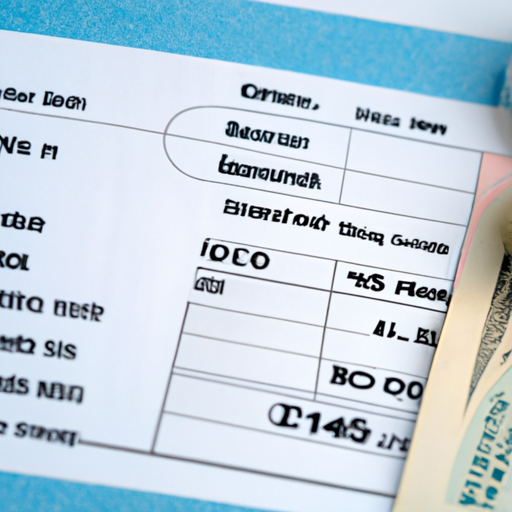Processing payments efficiently is crucial for any business that operates online. However, the world of payments can quickly become complex. It’s essential to understand the fundamental concepts and processes involved in payment processing to ensure a smooth customer experience and safeguard against potential complications.
Payment Gateway
A payment gateway is like a virtual cash register that securely handles the transaction process. It authorizes payments by transferring information between the customer’s bank, the merchant, and the payment processor. It encrypts sensitive data, such as credit card details, to ensure security during the payment process.
Payment Processor
A payment processor is a financial institution or service provider that handles the technical aspects of the payment transaction. It validates the customer’s card details, verifies if funds are available, and transfers the payment from the customer’s account to the merchant’s account. Popular payment processors include PayPal, Stripe, and Square.
Merchant Account
A merchant account is a type of bank account that allows businesses to accept payments via debit or credit cards. It acts as an intermediary between the payment processor and the business’s bank account. When a transaction occurs, funds are first deposited into the merchant account before being transferred to the business’s bank account. Payment processors often offer merchant accounts as part of their services.
Payment Card Industry Data Security Standard (PCI DSS)
PCI DSS is a set of security standards established by the major card companies (Visa, Mastercard, etc.) to protect sensitive cardholder data. Compliance with PCI DSS is mandatory for businesses that handle credit card transactions. It ensures that customer data is securely stored, transmitted, and processed to minimize the risk of data breaches and fraud.
Chargebacks
A chargeback occurs when a customer disputes a charge on their card, resulting in a refund from the merchant. Chargebacks can be initiated for various reasons, such as unrecognized transactions, non-delivery of goods/services, or dissatisfaction with the purchase. Merchants need to manage chargebacks effectively to protect their revenues and prevent fraudulent chargebacks.
Payment Settlement
Payment settlement is the final step of the payment processing cycle. It involves the transfer of funds from the customer’s bank account to the merchant’s account, usually after deducting payment processor fees and other charges. Settlement times can vary depending on the payment method used and the processing agreement with the payment processor.
Conclusion
While payments processing may seem daunting with its intricate processes and terminologies, having a basic understanding can go a long way in managing your business’s financial transactions effectively. Familiarize yourself with payment gateways, payment processors, merchant accounts, PCI DSS, chargebacks, and payment settlement to ensure a seamless payment experience for your customers and protect your business from potential complications.
